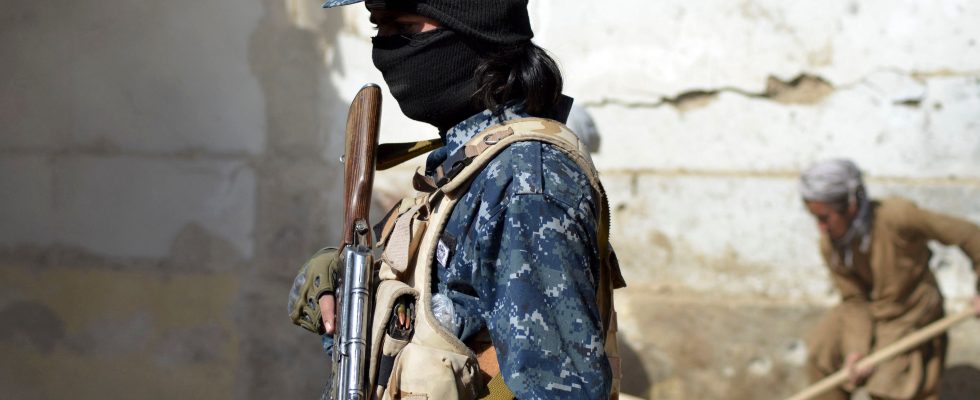To understand the origins of the attack in Moscow on March 22, in the Russian shopping center Crocus City Hall, which killed at least 137 people, we must look towards the confines of the mountains of Central Asia. In Afghanistan, the Islamic State of Khorasan – the former name of an area encompassing part of Afghanistan, Pakistan, Iran and Central Asia – is present on almost the entire territory. Founded in 2015, this branch of the Islamic State group, which claimed responsibility for the massacre perpetrated by four citizens of Tajik origin, was established in Afghanistan in 2019, after the fall of the caliphate. It would have 1,500 to 2,200 members – all ready to fulfill its international ambitions. Because the group targets not only the Taliban regime in Afghanistan, but also Russia, China, the Shiite regime in Iran and the West. To the point of representing a multifaceted threat for regional states as well as for European countries. In three years, the Afghan subsidiary has committed nearly 400 attacks in Afghanistan and in the Pakistani region of Khyber Pakhtunkhwa. Several dozen others targeted France, the Netherlands, Germany, the United Kingdom and Austria.
These incursions on European soil involve jihadists from the former Soviet republics of Central Asia, like Chamsiddine Faridouni, 24, one of the attackers of Crocus City Hall, arrested by Russian police while he was taking the flight towards the Belarusian border. In a video, where we see him held on the ground by an FSB agent, he admits to having acted for 500,000 rubles (nearly 5,000 euros) and to having been contacted via Telegram by an “assistant preacher”. His testimony illustrates one of the specificities of the Islamic State: remote control of terrorist attacks from abroad.
“Although a very small number of IS jihadists come from Central Asia, they are very often involved in terrorist attacks abroad,” relates Kyrgyz researcher (independent) Nourbek Bekmourzaev. In a few years, Central Asians have become the preferred targets of propaganda from EI-K, which Lucas Webber describes as a “media superpower”. According to this specialist, this movement is capable of disseminating its propaganda in many more languages - and particularly in Tajik and Uzbek – than any other branch of IS.
“The group is unlikely to stop there”
These networks rely heavily on the unpopularity of authoritarian and very repressive Central Asian governments regarding religious freedoms. Thus, in Uzbekistan, wearing a long beard is prohibited, while in Tajikistan, minors are not allowed to participate in religious activities without parental consent. In this country, the autocrat Emomali Rahmon, indestructible president since 1992, banned the Islamic Renaissance Party, although moderate, in 2015, helping to radicalize their supporters.
Another factor of radicalization, emigration to Russia. Millions of Central Asian workers go to Russian territory each year where, ostracized and victims of racism in contact with a predominantly Christian population, they live in poverty. ISIS propaganda uses this discrimination to call for rebellion against Putin’s “kafir” regime, an enemy of Islam. “And with the attack in Moscow, the rise of xenophobic sentiment towards the Central Asian diasporas will only increase cases of radicalization, to the benefit of EI-Khorasan,” warns Lucas Webber.
These jihadists are not easy to detect. Since the departure of the Americans from Afghanistan in 2021, EI-K’s modus operandi has been more difficult to counter, due to a lack of intelligence. The attack in Moscow nonetheless revealed the high level of training of these terrorists. While little information is available regarding IS-K logistical bases, Turkey seems a preferred training location, says Colin P. Clarke, senior researcher at the Soufan Center. “EI-K is now capable of very sophisticated operations and it is unlikely that the group will stop there. This is all the more worrying for this summer, during the Olympic Games in Paris,” he continues. . From its Afghan mountains, the “emirate of Khorasan” continues to make headlines.
.
